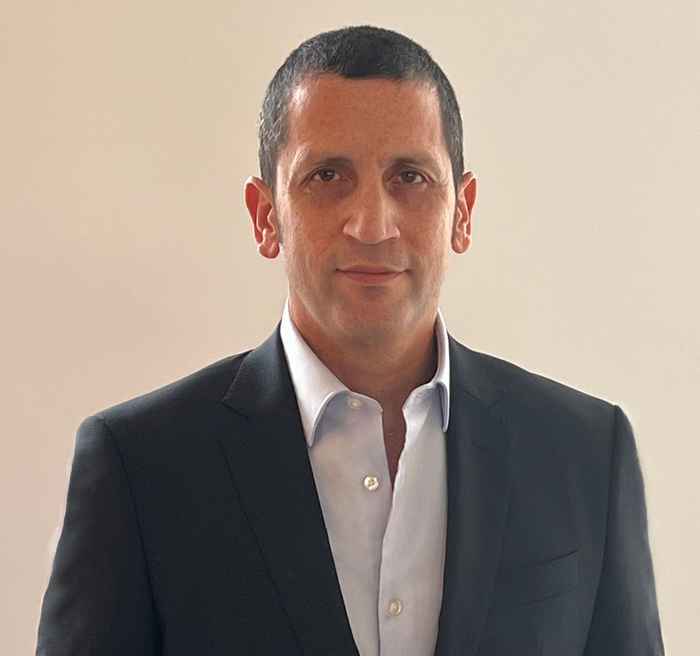Rami Kaplan (Sep 2024 - June 2025)
Senior Lecturer, Tel Aviv University

My research
My research spans global corporate capitalism, global environmental politics, corporate social responsibility, corporate power, business elite networks, sustainable finance, and the rise of anti-liberal populism.
IAS Fellowship
During my stay at the IAS, I will pursue two projects:
The first concerns the shaping of climate risk perceptions among investment specialists in Israel, The Netherlands, and USA. The question is derived from my ongoing research project on the mobilization of global financial firms, activists, governments, and the ESG data industry to harness investor power to exert pressure on polluting corporations to pursue decarbonization. This movement builds on the idea that GHG emissions entail financial risks to investors, whose risk management practices can create the said pressure on emitters. However, my research indicates that the criteria of climate risk assessment are fuzzy, unstandardized, and vary across organizations and regions. For example, institutional investors in the EU are apparently more likely to integrate climate risks into financial decisions than North American or Israeli ones.
These differences can be attributed to various institutional, cultural, and network factors. The goal of the project is to get a grip of some of the main factors in play, as a basis for professional publications in the fields of environmental governance and organization studies, as well as policy recommendations on how public and private regulators can shape investment risk management in support of the low-carbon transition. Research methods include network analysis of investments professionals and financial institutions and in-depth interviews with investment specialists in the Netherlands, Israel, and the USA.
The second question concerns the contemporary ascendence of polarizing politics and the dynamics of its spread. This problem emerges from my research of the right-wing populist movement in Israel, which gained momentum since the mid-2000s up to the point of setting the agenda of the current ruling coalition, which pursues an a-liberal constitutional revolution. In Israel as in other countries, the ideology that informs the populist mobilization has a distinctive polarising aspect, in that it signifies the liberal (typically urban and more educated) segment of the population as a dominant elite, whose power should be curbed by the elected populist government.
While globalization, identity politics, and social media are acknowledged as factors of polarisation, the anti-elite sentiment is another cross-context key polarising factor, whose recent surge and growing traction are not fully understood. My collaborators and me will conduct a comparative discourse analysis of the anti-elite components of populist ideologies in Israel, The Netherlands, and the USA. Performed on collected textual materials, the analysis will seek to distill the semiotic structure of the anti-elite rhetoric and evaluate it against the corresponding national sociopolitical context. This will facilitate a comparative understanding of how populist movements use anti-elite rhetoric to shape popular worldviews.